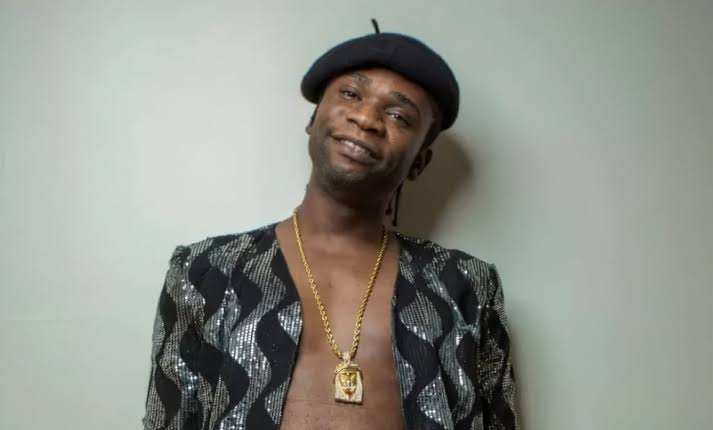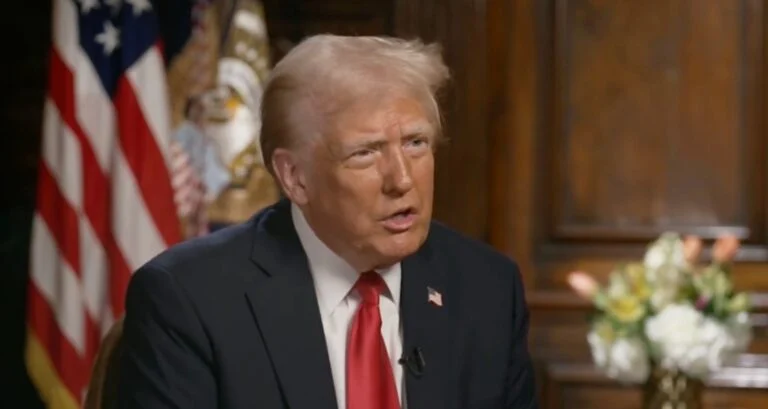The United States government has initiated formal steps to revoke the citizenship of certain naturalised citizens based on a newly revealed Justice Department memo, which instructs federal attorneys to prioritise denaturalisation for individuals who committed certain crimes or gave false information during their naturalisation.
According to a report by The Guardian on Monday, the memo, dated June 11, calls for civil actions against individuals who either “illegally procured” naturalisation or obtained it through “concealment of a material fact or by willful misrepresentation.”
In contrast to criminal cases, individuals facing civil denaturalisation are not guaranteed legal representation, and the standard of proof required by the government is lower.
At the heart of the development are approximately 25 million US citizens who were born abroad and later naturalised, based on 2023 data. The memo outlines 10 priority categories for denaturalisation.
The memo notes that those subject to civil proceedings are not entitled to legal counsel as they would be in criminal proceedings.
Additionally, the government carries a lighter burden of proof in civil matters than in criminal ones.
The directive specifies that efforts will target individuals involved “in the commission of war crimes, extrajudicial killings, or other serious human rights abuses … [and] naturalized criminals, gang members, or, indeed, any individuals convicted of crimes who pose an ongoing threat to the US”.
The civil rights division of the Justice Department has been central to implementing Trump’s policy goals, which include ending diversity, equity, and inclusion initiatives in government and halting transgender healthcare, among others.
This comes as the US Immigration and Customs Enforcement agency recorded its 13th in-custody death for the fiscal year starting October 2024. In comparison, there were 12 deaths throughout the previous fiscal year ending in September 2024.
On Friday, Jim Ryan, president of the University of Virginia, stepped down amid an investigation by the Justice Department’s civil rights division.
The investigation scrutinised the university’s DEI programs and its continued use of race and ethnicity in certain initiatives and scholarships.
In recent days, the Justice Department also filed lawsuits against 15 US district attorneys in Maryland for issuing an order that halted the immediate deportation of migrants contesting their removal.
Reports suggest that the civil rights division is undergoing major changes, shifting away from its historic role in fighting racial discrimination and aligning more with directives from presidential executive orders.
National Public Radio reported that between January and May, around 250 attorneys—roughly 70% of the division’s legal staff—had left the department.
The denaturalisation push has already seen results, as one person has lost citizenship in recent weeks.
On June 13, a judge revoked the citizenship of Elliott Duke, a US military veteran originally from the UK, who was convicted of distributing child sexual abuse content and failed to disclose the offence during his naturalisation process.
Immigration lawyers have raised concerns that civil denaturalisation removes certain rights from individuals, including access to legal counsel and higher evidentiary standards, while also speeding up the process.
“It is kind of, in a way, trying to create a second class of US citizens,” said Sameera Hafiz, policy director of the Immigration Legal Resource Center, speaking to NPR.

 BIG STORY5 days ago
BIG STORY5 days ago
 BIG STORY5 days ago
BIG STORY5 days ago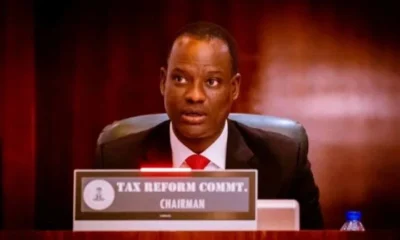
 BIG STORY4 days ago
BIG STORY4 days ago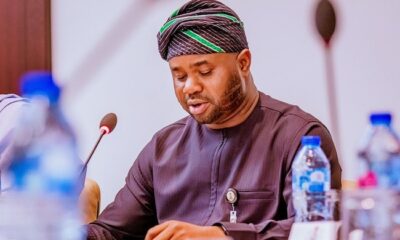
 BIG STORY5 days ago
BIG STORY5 days ago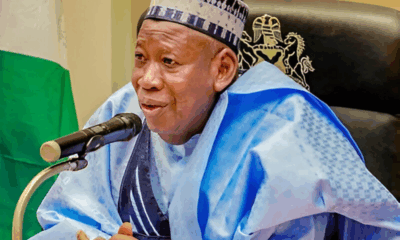
 BIG STORY4 days ago
BIG STORY4 days ago
 BIG STORY4 days ago
BIG STORY4 days ago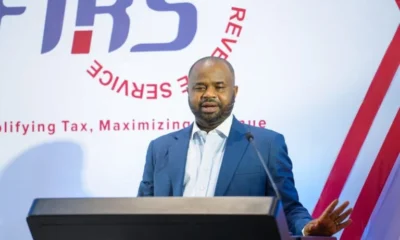
 BIG STORY4 days ago
BIG STORY4 days ago
 BIG STORY4 days ago
BIG STORY4 days ago



















